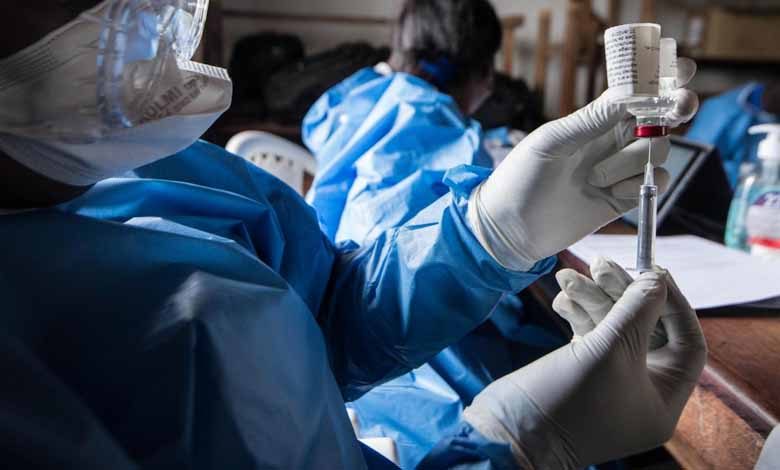WHO calls for COVID-19 vaccine equality

The World Health Organization appealed for global COVID-19 vaccine equality and calling the countries for establishing a fairer, healthier world after the pandemic; this came as part of five appeals to mark World Health Day on Wednesday.
The organization also indicated that inside the countries, disease and death from COVID-19 have been greater between groups who suffer from discrimination, poverty, social exclusion, and adverse daily living and working conditions, such as humanitarian crises.
It also said, while countries keep fighting the pandemic, there is a unique opportunity to establish a fairer, healthier world by applying commitments, resolutions, and deals with providing new and brave commitments.
On his part, Dr Tedros Adhanom Ghebreyesus, WHO director-general said: The COVID-19 pandemic has thrived amid the inequalities in our societies and the gaps in our health systems. He also noted: It is vital for all governments to invest in strengthening their health services and to remove the barriers that prevent so many people from using them, so more people have the chance to live healthy lives. In fact, WHO made five calls for marking World Health Day.
Accelerate fair access to COVID-19 technologies
In this context, the WHO indicated that as safe and effective vaccines have been established and approved at record rapidity, the challenge currently is to guarantee that they are accessible to everyone who needs them.
COVAX system
There is an important additional support to COVAX, which is an entity directed by a coalition that comprises the Vaccine Alliance known as Gavi and the WHO. It’s sponsored by donations from governments, multilateral institutions and foundations.
COVAX mission is to buy a lot of coronavirus vaccines and send them to poorer nations that couldn’t compete with rich countries in securing contracts with the major drug companies. Thus, the WHO wishes that COVAX would have attained 100 countries and economies in the coming days. However, it said that vaccines alone would not overcome COVID-19.
Other tools
Supplies like medical oxygen and personal protective equipment (PPE), as well as reliable diagnostic tests and medicines are also important. It’s necessary to the strong mechanisms for distributing all these products within national borders.
The aim of the WHO is to make testing and treatments for hundreds of millions of people in low and middle-income countries. However; it remains needs $22.1 billion to deliver these vital tools.
The WHO also called for investment in primary health care services, and is asking governments to achieve its recommended aim of spending an additional one percent of GDP on primary health care (PHC). The increase of PHC interventions across low- and middle-income countries could save 60 million lives and increase average life expectancy by 3.7 years by 2030.
Moreover, countries also require prioritizing health and social protection, building safe, healthy and inclusive neighborhoods and strengthening data systems. Health inequality monitoring must be an integral part of all national health information systems, in what the WHO said.
Dr Tedros said: Now is the time to invest in health as a motor of development, adding: We do not need to choose between improving public health, building sustainable societies, ensuring food security and adequate nutrition, tacking climate change and having thriving local economies. All these vital outcomes go hand in hand.












